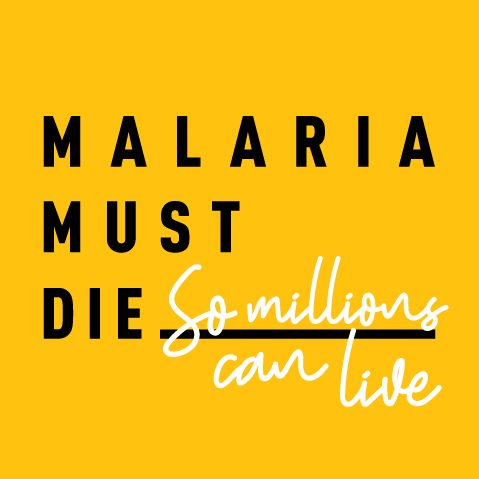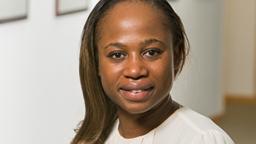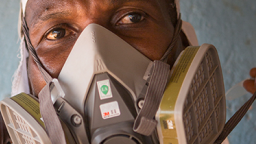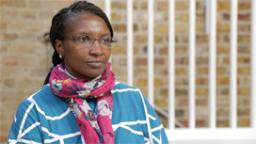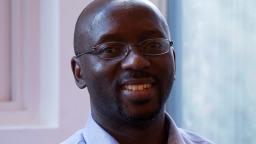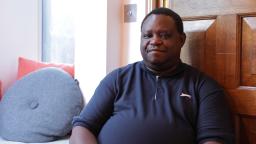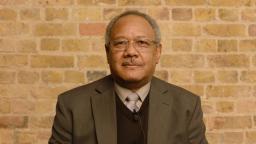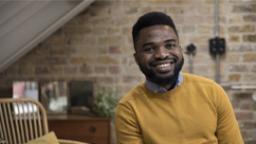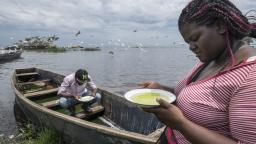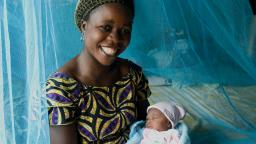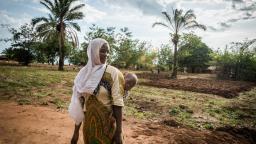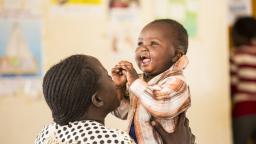“We need funding, we need support, we need the political will to achieve a world without malaria.” Elizabeth was born in the UK and lived in Nigeria for 7 years while she attended medical school and practised for a year in Lagos – this is when malaria became an everyday part of her life.
Nigeria carries a quarter of the world’s entire malaria burden and the vast majority of its population is at risk from this disease. As someone who had not grown up with malaria, Elizabeth took the necessary precautions to reduce her risk of contracting the disease. Yet she was taken ill with malaria on many occasions, luckily, she recovered due to early medical intervention and easy access to treatment.
By training and practising as a doctor in Nigeria, Elizabeth came face-to-face with the severity of the disease.
As a doctor, I had to treat people with malaria. While we often see non-fatal cases, the people that often make it to a hospital are usually the ones in life-threatening conditions. That is when malaria becomes scary and sometimes fatal.
Elizabeth is determined to make a difference in ensuring this disease that affects 229 million people and kills 409,000 every year, is eradicated in her lifetime.
Elizabeth uses her platform as a lifestyle blogger to raise awareness of public health issues. Something that started as a hobby and a place to reflect on her experiences as a doctor in Nigeria soon became a place to spread awareness and increase engagement on important issues - especially malaria.
When blogging I write about my life and my work in medicine. As part of medical school, I did a lot of community work including awareness-raising, mobilisation and outreach, including providing free malaria testing, medication, and nets. In speaking about this I got a lot of engagement from different people and it sparked conversations about why people are still dying from malaria when it is preventable and treatable; the experiences of working on the ground as a medical professional in a malaria-endemic country; and what can be done now to get rid of this disease.
Elizabeth advocates for fair access to health - ensuring countries have the means to protect everyone and that no one has to decide between paying for malaria treatment or putting food on the table.
“In Nigeria, we have little resources - we rely heavily on our clinical knowledge, being able to pick up the signs quickly and accurately as we have limited testing capacity. However, what struck me most was whether a patient had the money to access treatment was the difference between life and death. This is so different from here in the UK where we have the NHS. This was and still is simply heart-breaking - poverty should not be the decider of whether someone lives or loses their life to malaria.”
Elizabeth proudly features in this year’s Malaria Must Die campaign: A World Without Malaria, calling on leaders around the world to commit to ending malaria: “We need funding, we need support, we need the political will to achieve a world without malaria. We should not relent - we’ve done so well so far, we've significantly reduced the number of people who have the disease. However, we need to keep funding this cause. While other things are calling for our attention, we cannot forget about malaria. Together we can eradicate this disease and save so many lives”.
